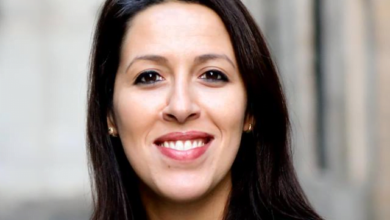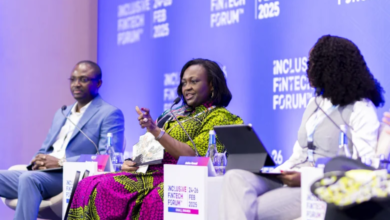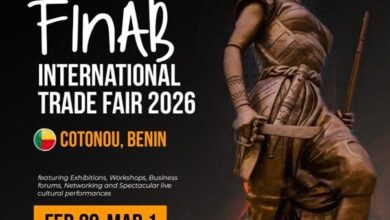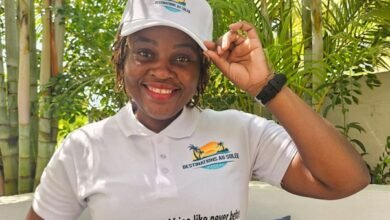Mwc kigali : telecoms at the heart of africa’s transformation
At the Mobile World Congress Africa 2025 in Kigali, the telecom industry reaffirmed its central role in driving Africa’s economic transformation. Between mobile expansion, the rise of artificial intelligence, and the pursuit of digital inclusion, African operators are redefining their impact on development — while calling for fairer policies and stronger investment in local talent.
The mobile industry remains a cornerstone of Africa’s growth, accounting for nearly 8% of Sub-Saharan Africa’s GDP — around $140 billion in 2023 — and supporting 4 million jobs. By 2030, that contribution could rise to $280 billion, provided enabling policies are in place. It was in this context that the Mobile World Congress Africa 2025 (MWC) — organized by the Global System for Mobile Communications (GSMA) — took place from October 21–23 in Kigali, gathering the key players shaping Africa’s digital future.
“At the heart of this transformation lies the power of mobile,” said Vivek Badrinath, CEO of the GSMA, praising President Paul Kagame’s vision, whose digital policies “have propelled Rwanda’s economy.”
We must create solutions designed in Africa, built for Africa, and ready for the world
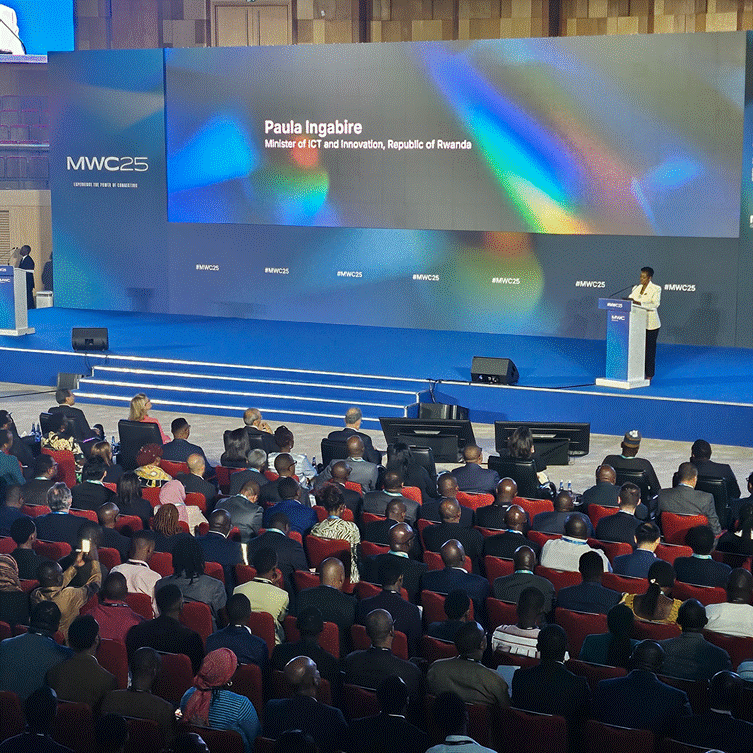
Rwanda, a showcase of a connected Africa, now boasts 99% mobile coverage and 13 million active connections. According to Paula Ingabire, Minister of ICT, the country has grown from 500,000 to 5 million 4G users in just two years and trained 4.5 million citizens in digital skills. “We must create solutions designed in Africa, built for Africa, and ready for the world,” she emphasized.
Yet challenges remain. As Mourad Mnif, Consulting Director at PwC Tunisia, pointed out: “4G coverage reaches 65% of Sub-Saharan Africa, but only 23% of the population actually uses it.” The cost of smartphones, low digital literacy, and unstable regulations continue to hinder the sector’s full potential. Mnif added, “Market saturation, rising energy costs, and declining profitability limit investment — and therefore service quality.”
Several levers are identified: making smartphones more affordable, reducing sector taxes, encouraging infrastructure sharing, and building local skills — all essential steps to ensure that the mobile revolution benefits everyone.
A call for “fair competition”
That’s also the message from Yasser Shaker, CEO of Orange Middle East and Africa, which operates in 18 countries and serves 148 million customers. “We no longer compete only with other operators but also with fintechs, OTTs, and satellites,” he noted. “We need a level playing field to keep investing.”
AI Language Models in Africa, by Africa, for Africa
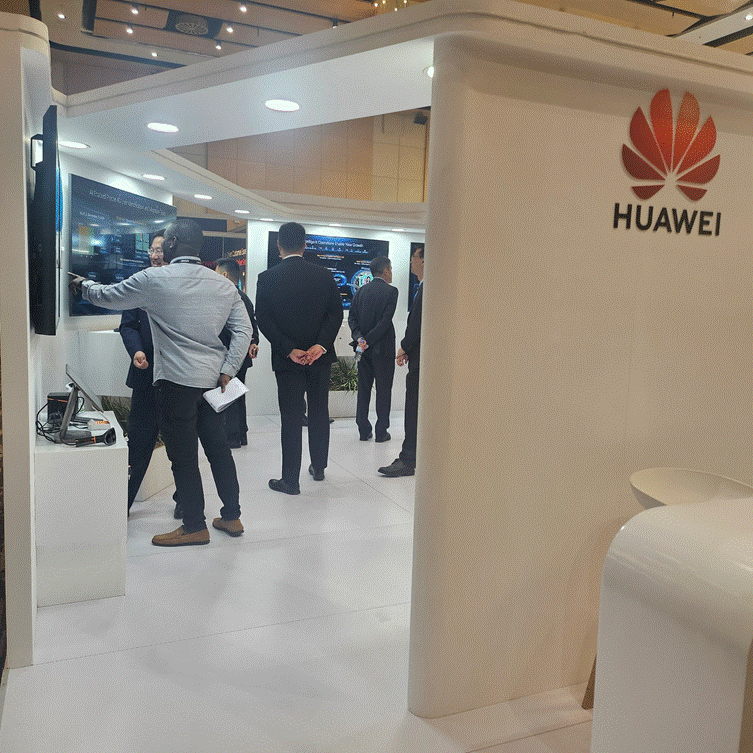
Beyond telecom, the rise of artificial intelligence is opening a new chapter. On the sidelines of MWC Kigali, the GSMA, together with operators such as Airtel, MTN, Orange, Vodacom, Ethio Telecom, Axian Telecom and partners including Cassava Technologies, Masakhane African Languages Hub, and Lelapa AI, announced a pan-African initiative to develop inclusive and sovereign AI language models.
“This linguistic and cultural diversity is one of our greatest strengths — but it has too often been ignored,” said Angela Wamola, Head of GSMA Africa. “This program aims to turn that challenge into an opportunity: to build African AI capabilities, stimulate local innovation, and allow Africa to shape its digital future on its own terms.”
Backed by a GSMA feasibility study, the initiative focuses on four pillars: data, computing power, talent, and policy. Working groups will be set up to co-create tools and share outcomes at upcoming GSMA events.
Ethio Telecom: From telco to techco

Ethio Telecom exemplifies Africa’s shift from traditional telco to integrated “techco”. Once seen as a public infrastructure provider, the 131-year-old Ethiopian operator has reinvented itself as a digital transformation enabler.
“We’ve digitalized fuel payments, supported farmers through tailored mobile money solutions, and launched Nexus, an affordable Ethiopian smartphone to democratize access to digital tools,” explained Bruk Adhana, Head of Mobile Money at Ethio Telecom.
The company is also investing in data centers, cloud services, and local app development for SMEs and governments. Its Telebirr payment platform now has over 50 million users, driving financial inclusion. Ethio Telecom’s integrated model — combining connectivity, fintech, and digital services — represents the new generation of African operators driving economic and social transformation.
Building Africa’s engineering independence
For Lou Major, Director of ANSYS Rwanda, a subsidiary of the US-based engineering software leader ANSYS, the key lies in sustainable local capacity building.
“We train African engineers to design the networks of tomorrow without relying on foreign expertise,” he said.
Under his leadership, ANSYS Rwanda has launched advanced training programs in telecommunications, applied AI, and cybersecurity, in partnership with African universities and regional operators. The goal is clear: to build a generation of African engineers capable of designing, maintaining, and evolving local digital infrastructure, while innovating to meet the continent’s unique needs.
As Lou emphasized, this is not just about skills — it’s about technological and economic sovereignty. “As long as our talent doesn’t master the full value chain — from design to maintenance — Africa will remain dependent. But we have the human and intellectual potential to change that.”
Mobile and AI are the two engines of Africa’s future
As the MWC Kigali wraps up, one conviction stands out: mobile and AI are now the twin engines of Africa’s future.
But for this double revolution to be truly transformative, Africa must invest boldly in its people, its data, and its languages.
The challenge is no longer just to connect the continent — but to enable it to create, code, and innovate for itself.
Africa’s digital rise is no longer a promise: it’s a power in the making, determined to shape its own technological revolution.



